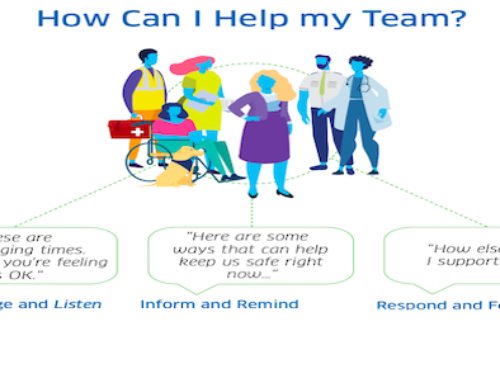We are all the same. This statement came to life this past week while working with community leaders in Sundarbazaar, a semi-developed village of Lamjung, Nepal. The group of 15 was comprised of Head School Masters (principals), and the chairperson s from the School Management Committees, who together with the government, are responsible for providing and funding public education in 10 of the surrounding communities.
They had many pressing concerns they wanted to work on including ways to draw in marginalized children who are not attending school. Marginalized is a word they use to describe those that are poor, living in remote areas (more than 3 hours walk one way to school), or belonging to a lower caste. As in many North American cities, public school is not free in Nepal and even with a small reimbursement program (1000rps~$14 USD) many cannot afford the remaining school fees, book fees, and mandatory uniform costs which may total (10,500rps~$150USD per year).
The most common topics these community leaders wanted to work on were:
- How to organize people towards a common goal
- Long term goal setting and planning
- How to establish good relationships between the community and the schools
We broke into small groups and brainstormed on methods that have worked so far in mobilizing people during times of change.
They came up with close to 30 items that include ideas such as:
- Create interaction between the teachers, students, community and politicians for the programme
- Use “our” instead of “me” thinking
- Reward and recognize those doing good work
- Collect everyone’s ideas
- Explain the plan to the community
- Be transparent
Many of the ideas demonstrated a pattern of involving stakeholders after the plan has been created. They then told stories of “the hard sell” when rolling out the programme but were not connecting these two events. How many times do we start with our own “great idea”, only to wonder why others are not jumping at the opportunity to realize the benefits that we feel are obvious?
I facilitated a discussion through my partner and translator, Kiran Neupane from CHOICE Humanitarian Nepal, related to how and when we each like to be involved in a new goal, plan or programme. Most said when they were involved in the initiating stage and felt their ideas were heard, they felt more ownership and tended to participate more.
It doesn’t seem to matter if you are a managing a school budget of a few thousand dollars or running a multi-million dollar company, good leadership through establishing a vision, core values and long-term goals, are strong drivers for success.







hi I was luck to discover your subject in digg
your topic is marvelous
I obtain much in your Topics really thanks very much
btw the theme of you website is really impressive
where can find it
So well put Erin. Thank you for sharing this grounded perspective! Half way through a week long leadership program with a group of bankers focusing on improving organizational culture and the conversations seem to mirror one another.
Looking forward to hearing all your stories when you are back. Better start writing that book! ~ Best, Larry
[…] Expeditions Who’s Blogging about us? Nepal — 22 November 2010 Erin Waddell bloged about us on the “Change Leadership Strategies Blog.” See it here: We are all the same. […]